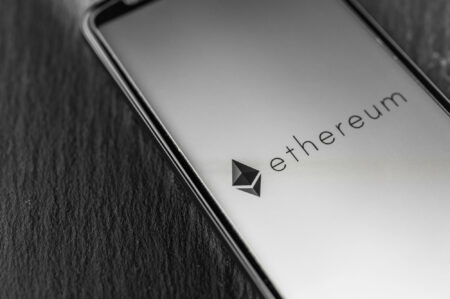What happened this week in the world of blockchain and cryptocurrencies? The most relevant local and international events, along with engaging background reports, concisely summarized in the weekly review.
Selected articles of the week:
Sovereign Wealth Funds (SWFs) manage and invest the excess reserves of a country to generate long-term financial returns and promote economic stability. Worldwide, over 100 of these funds manage approximately 12 trillion USD in assets. Some of these institutions are gradually entering the crypto space, though to a limited extent. For example, the Mubadala Investment Company, one of Abu Dhabi’s sovereign wealth funds with 280 billion USD in assets under management, openly made a Bitcoin investment. By the end of 2024, the fund had acquired shares of BlackRock’s Bitcoin ETF, IBIT, worth 460 million USD. Other sovereign wealth funds with crypto involvement include those in Norway, Singapore, and Saudi Arabia, though their participation is more indirect, through infrastructure providers and stocks.
Mubadala, one of Abu Dhabi’s sovereign wealth funds, acquired Bitcoin ETFs worth $460 million in 2024, according to official reports.
Memecoin launch leads to scandal
Last weekend, Argentine President Javier Milei posted on his X (formerly Twitter) profile about a cryptocurrency, LIBRA, that is supposed to boost Argentina’s economy. The memecoin, based on the Solana blockchain, quickly soared to a valuation of over 1 billion USD. Within the first few hours, insiders profited several hundred million in an alleged “Pump and Dump” scheme – a manipulation strategy in which the price is artificially inflated before insiders exit with a profit. The price then collapsed. Milei recognized the true intentions of the token creators and withdrew his support. However, the damage had already been done, and the careless buyers suffered total losses. Hopefully, this scandal serves as a wake-up call for the industry, which has brought billions to such professional token creators in recent months.
Argentina’s President Javier Milei faces allegations after the memecoin LIBRA, which he promoted, collapsed.
Fraudsters beware
Under the Trump administration, the U.S. Securities and Exchange Commission (SEC) reversed its previously crypto-critical stance by 180 degrees. Fraudsters saw this as an opportunity for easy play without consequences. However, fair regulation does not mean a lawless space. The SEC made this clear with the establishment of a new Cyber and Technology Unit (CETU). The CETU will focus on addressing misconduct related to emerging technologies, including fraud involving artificial intelligence, machine learning, and blockchain technologies. The unit will complement the work of the Crypto Task Force, led by SEC Commissioner Hester Peirce.
The SEC establishes the Cyber and Emerging Technologies Unit (CETU) to combat fraud involving crypto, AI, and cyberattacks.
Is the Crypto Valley losing its edge?
For years, Switzerland has been at the forefront of the blockchain revolution, thanks to an advanced legal framework and business-friendly policies. However, its lead over other jurisdictions is shrinking. According to the Henley Crypto Adoption Index, Switzerland, which ranked second in 2023, fell by nine places to eleventh just a year later. While the index’s methodology can be criticized, there is undoubtedly growing criticism of Swiss politics and the financial market regulator FINMA. Among the key points of contention are the cautious granting of the FinTech license (also known as the “light banking license”) and strict regulations regarding the issuance of stablecoins. The Federal Council now intends to address this issue with new legislation, as indicated by a parliamentary initiative.
The Swiss Federal Council aims to address shortcomings in the FinTech license and stablecoin regulation through new proposals.
Decentralized exchanges at the heart of the DeFi revolution
Furthermore: Decentralized Exchanges (DEXs) are non-custodial exchanges that allow users to trade assets directly through self-executing smart contracts, bypassing traditional intermediaries. By linking self-custodied wallets, traders maintain full control over their funds while exchanging tokens across different blockchains. Instead of centralized order books, DEXs use automated market makers (AMMs), which are algorithmic liquidity pools that set prices and allow anyone to contribute capital, thus democratizing market access for both users and liquidity providers. In analyzing the largest exchanges, 21Shares Research uncovers the technological advancements, market strategies, and regulatory adaptations that will shape the DeFi landscape in 2025 and beyond.
Favorable regulatory shifts and the pivotal role of decentralized exchanges (DEXs) in driving market trends could boost DeFi.









